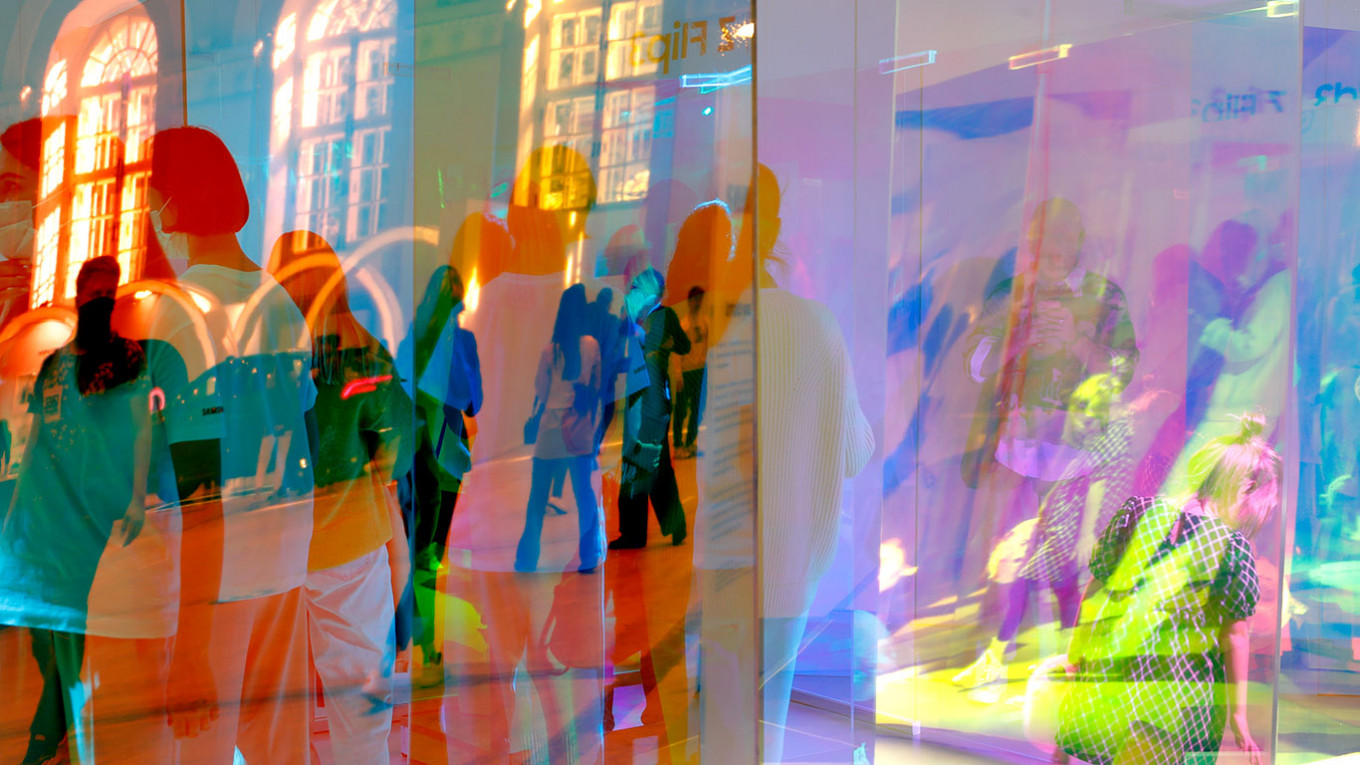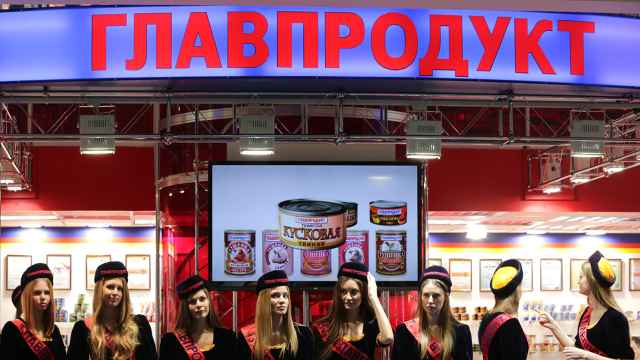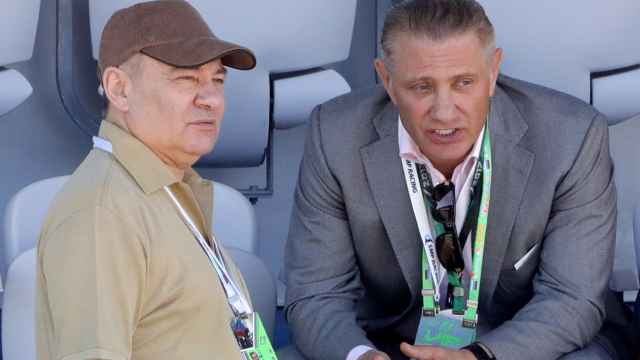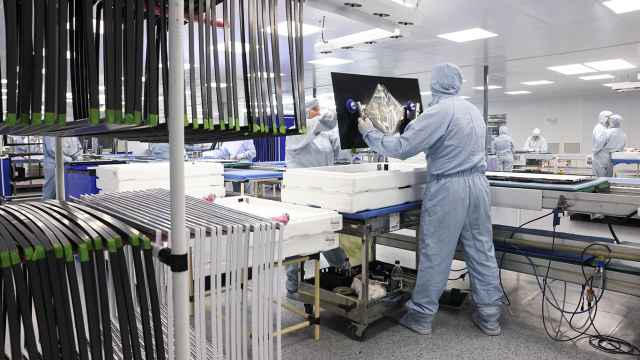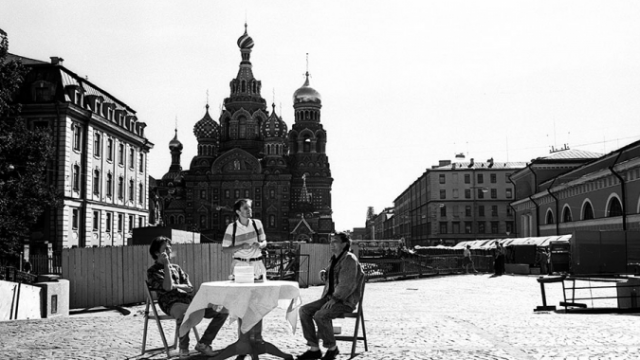Simon Rees, art director of the Cosmoscow International Contemporary Art Fair, spoke to The Moscow Times about the state of the contemporary art market in Russia today.
Judging by this year’s fair, the market is booming. Art arrived from Argentina, Austria, Belgium, Bulgaria, Estonia, France, Germany, Hong Kong, Georgia, Russia, Switzerland and the U.S. Prices for works of art ranged from about 3500 rubles (approximately $50) for a small piece to almost 18 mln rubles (about $250,000) for a piece sold by Pearl Lam Galleries, Hong Kong. A number of booths saw a complete sell out.
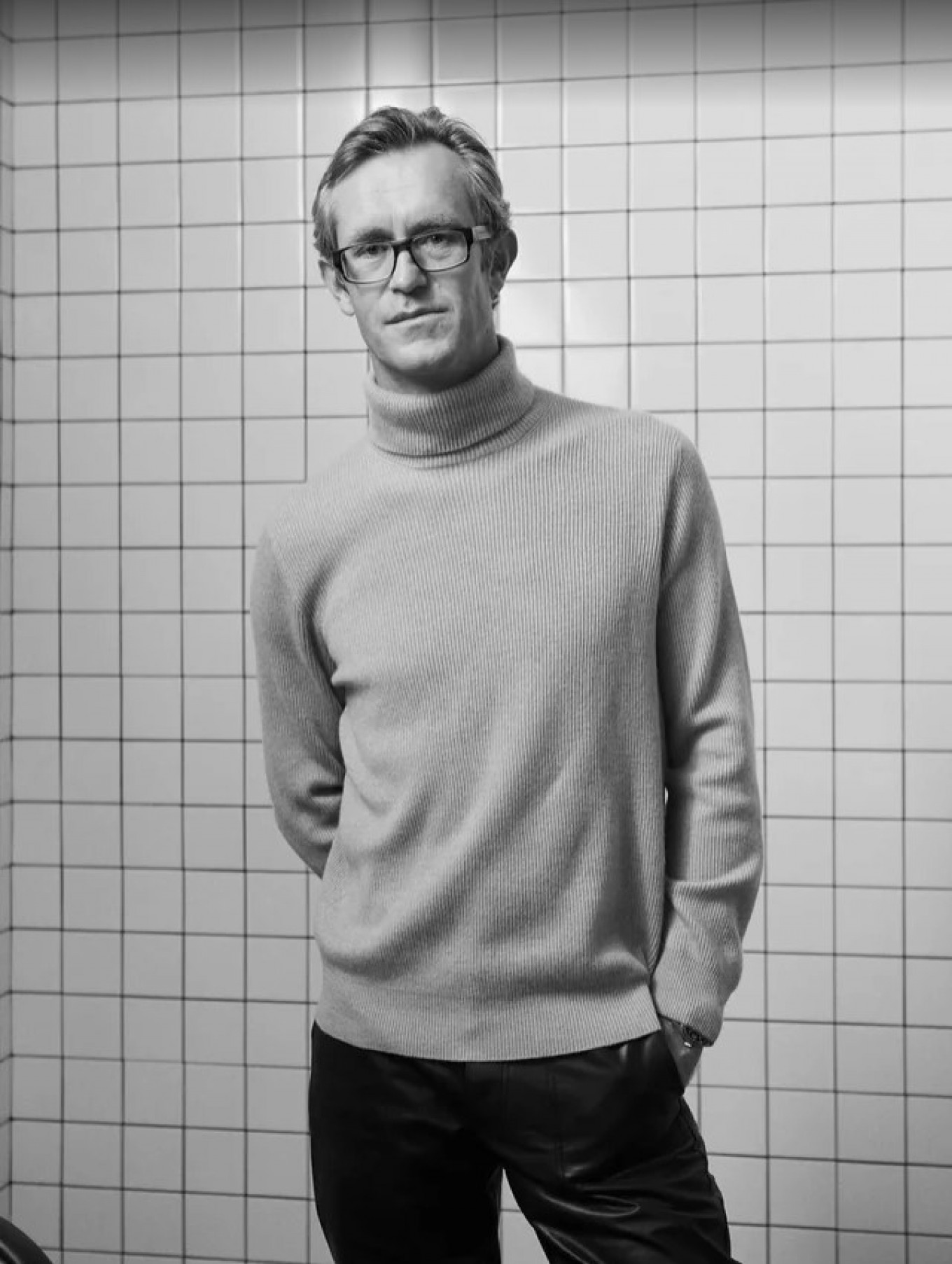
Uneven playing field
All the same, Russian gallery owners are operating at a disadvantage. European gallerists have been receiving state subsidies over the course of the pandemic, which has helped them maintain both their business and their staff, albeit on a part-time basis.
In Russia, unfortunately, “the government has yet to realize and recognize the role of the cultural sector as a real driver of the economy,” Rees told The Moscow Times. “That said, as far as I can see, the desire of local collectors to support their favorite art galleries in their regions by making purchases during the lockdown period was roughly equal in both Russia and European countries.”
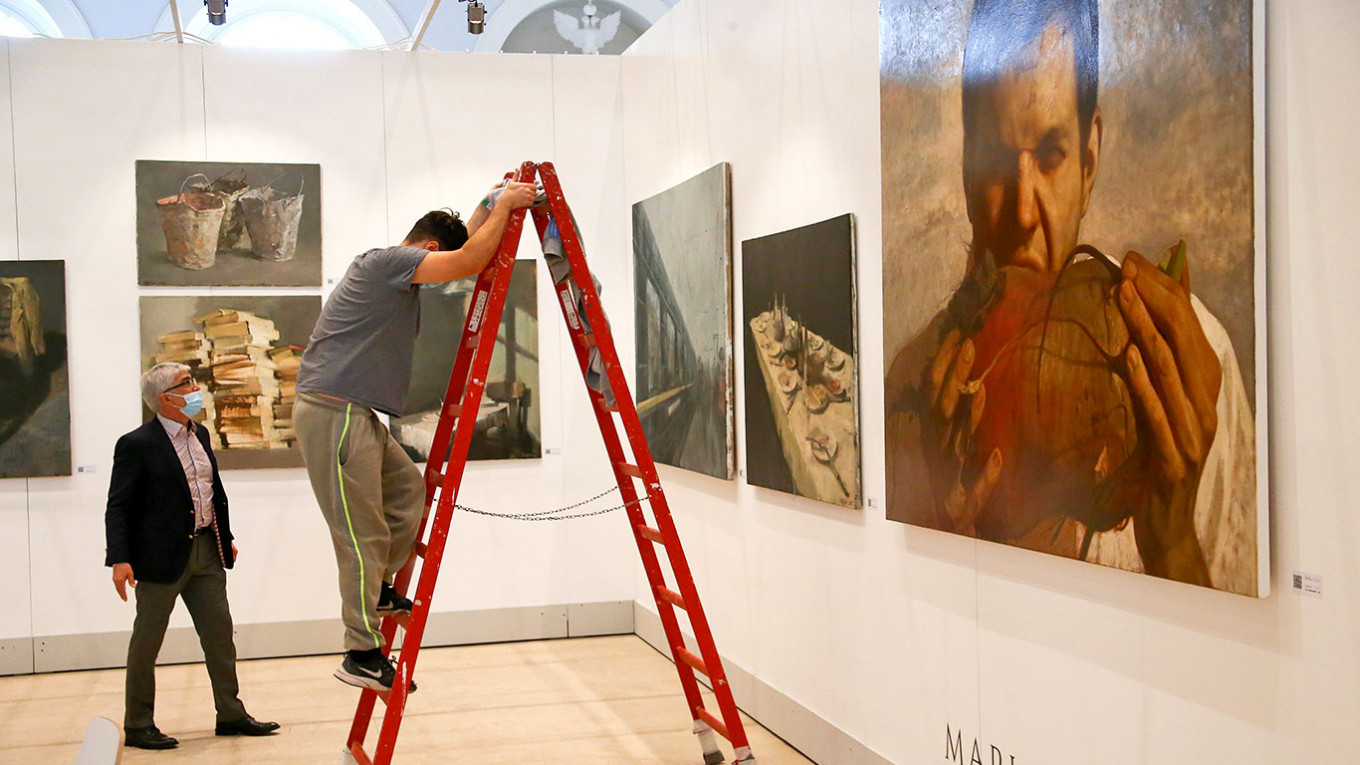
The coming boom
By Rees’ estimate, it takes about 30 years for a country to develop a stable and thriving art market. In Russia and Moscow, he’d start counting in 2000, meaning that the country has still 9 years to go.
Why use the millennium year as the starting point? “Although the Sotheby's 1988 auction in Moscow had a great resonance and unofficial Soviet art made a splash all over the world, it still didn't lead to systematic changes,” he said. “I have chosen the year 2000 as the starting point because it was from that moment that a systematic interest in contemporary art emerged, both in Russia and in the post-Soviet space in general. There has been a qualitative leap in the mentality towards contemporary art, and this concerns all aspects at once, from museums and festival programs to the gallery business.”
A sign of this is the rapid expansion of the contemporary art market far beyond St. Petersburg and Moscow. “Interesting events and vibrant galleries are popping up far beyond these cities and attracting more and more people. Russians are now ready to get on a plane and go to an exhibition or festival in Voronezh, Kazan, Vyksa, or even to a completely unknown place, if something exciting and interesting is happening there.”
In some ways the pandemic has even played into the hands of a younger generation of artists, who have yet to establish a name for themselves, Rees said. They feel more comfortable in the digital space, which is taking the lead in promoting and disseminating contemporary art and artistic practices. A young generation has been formed that knows how to exist simultaneously in two realities, skillfully maneuvering between their active physical life and activity in social networks. In this sense, the younger generation is in a much better position than their older compatriots.
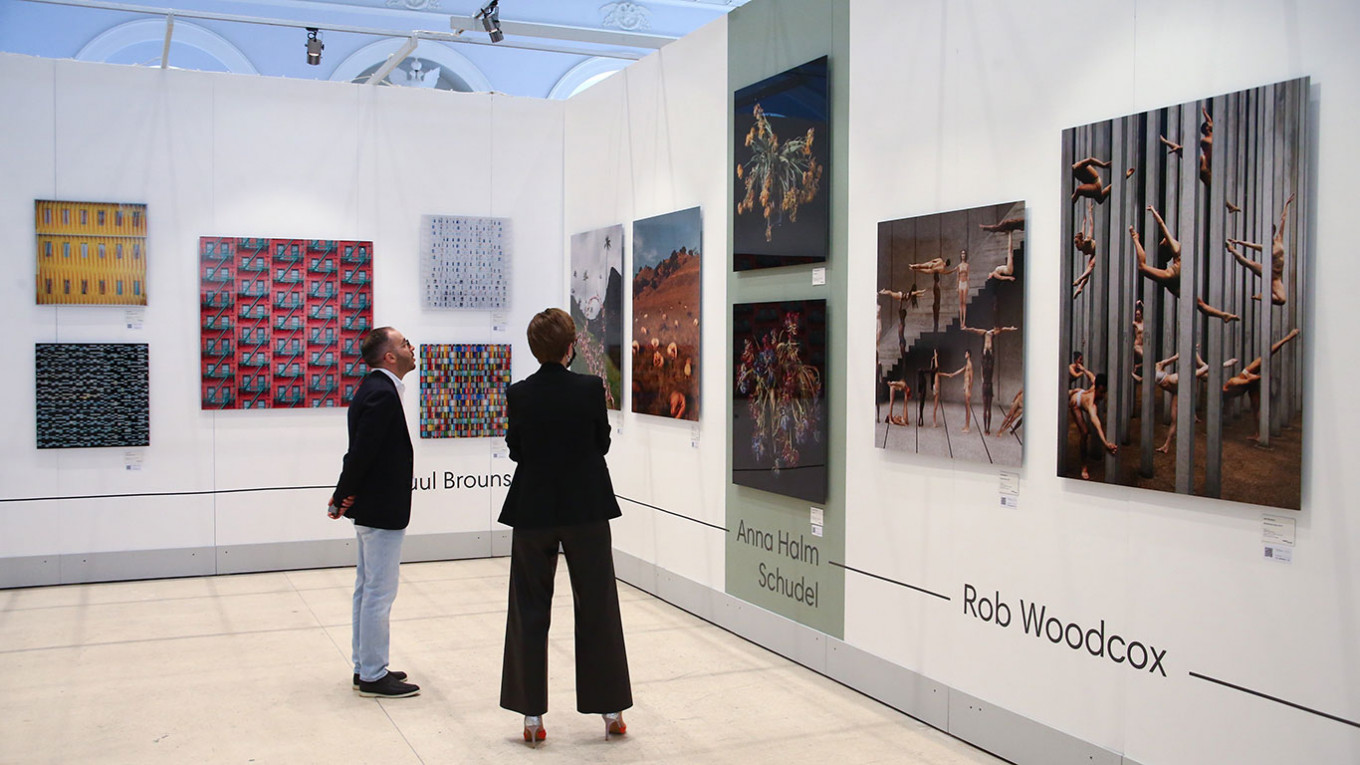
The new collectors
“In Russia, we see the greatest number of new collectors now in the 45-55 age group,” Rees said. “These people have come to understand that contemporary art has an important place in today's cosmopolitan world. They've got their own house, a car, perhaps a country house or a summer cottage, and other material things. And then the question arises as to what they’ll fill all that space with, how it will look and feel emotionally, aesthetically. The answer to this question naturally leads them in the direction of contemporary art and design. Cosmoscow's audience is made up of people who understand this logic, and fortunately there are more and more of them.”
There are, however, still some challenges. One is for Russia’s galleries to adopt a more open attitude. “When, say, Russians, Latvians or Estonians come to the Venice Biennale, for some inexplicable reason, they kind of stew in their own juice, communicating only with their compatriots,” he said. “It's quite sad to see this, because it's a missed opportunity.”
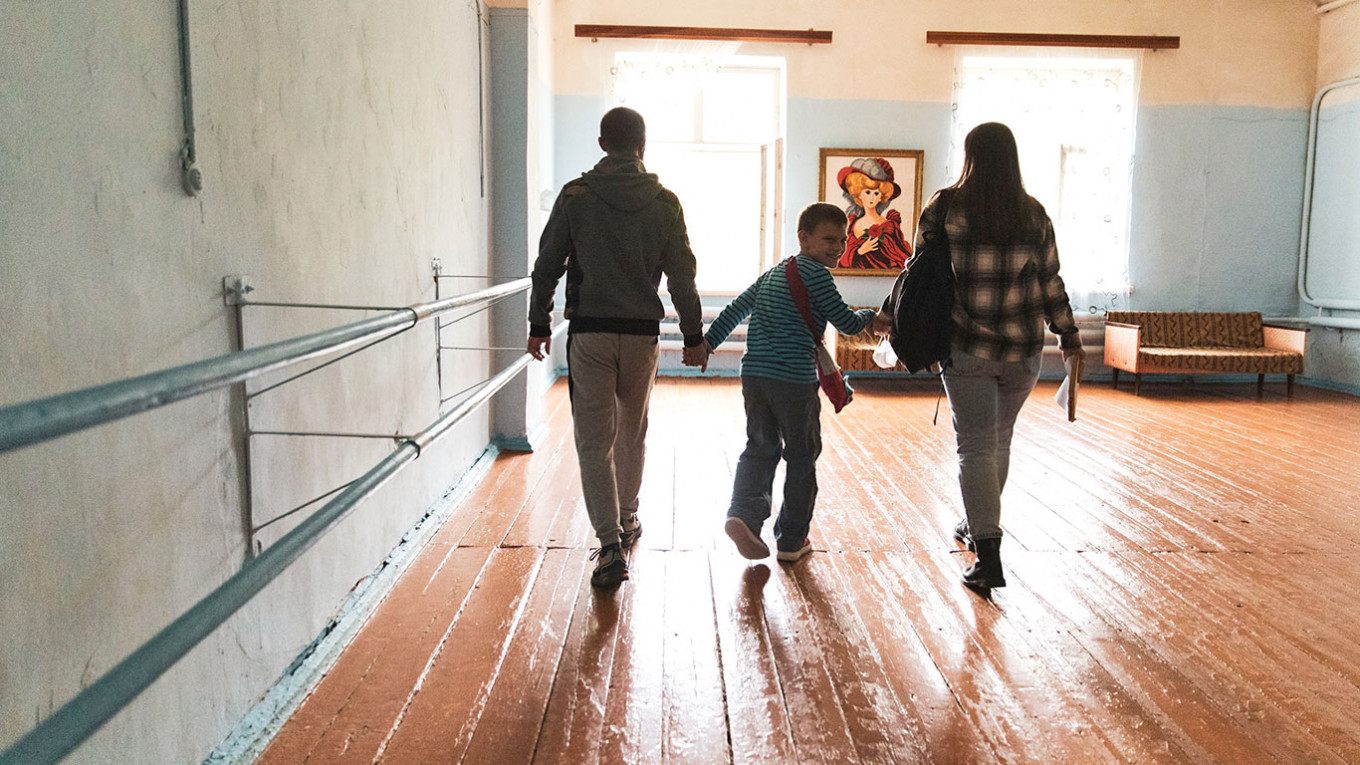
A Message from The Moscow Times:
Dear readers,
We are facing unprecedented challenges. Russia's Prosecutor General's Office has designated The Moscow Times as an "undesirable" organization, criminalizing our work and putting our staff at risk of prosecution. This follows our earlier unjust labeling as a "foreign agent."
These actions are direct attempts to silence independent journalism in Russia. The authorities claim our work "discredits the decisions of the Russian leadership." We see things differently: we strive to provide accurate, unbiased reporting on Russia.
We, the journalists of The Moscow Times, refuse to be silenced. But to continue our work, we need your help.
Your support, no matter how small, makes a world of difference. If you can, please support us monthly starting from just $2. It's quick to set up, and every contribution makes a significant impact.
By supporting The Moscow Times, you're defending open, independent journalism in the face of repression. Thank you for standing with us.
Remind me later.


